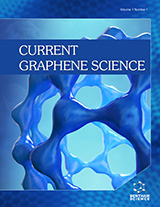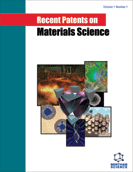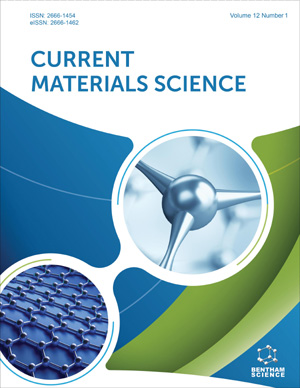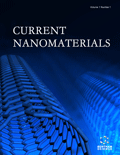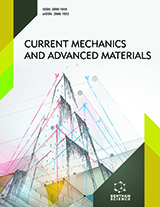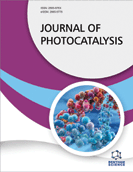Abstract
As the catastrophic effects of global energy are becoming severe day by day,
researchers are focusing on adapting environmental sustainability in order to restore the
natural habitat of the planet. Photocatalysis is an environmentally benign approach to
combating various non-sustainable operations via green chemistry. Photocatalysis
comprises the change in the kinetics of chemical transformations by the absorption of
light. Photocatalysis is the promising route of producing green hydrogen via overall
water splitting without any toxic by-products. Verily, photocatalytic reduction of
carbon dioxide is another significant sustainable operation that ascertains its
sequestration and conversion into value-added chemical feedstock and fuels. These
highly sought photocatalytic applications demand unique multifunctional nano catalytic
systems that can effectively carry out these sustainable operations due to their
advanced optoelectronic and morphological properties alongside having higher
exposed active sites. Realizing the potential of nanostructures in the field of
photocatalysis, we have synergistically emphasized both these topics in this book
chapter under the light of the classification of nanostructures and two vital
photocatalytic applications of hydrogen evolution and carbon dioxide mitigation.



